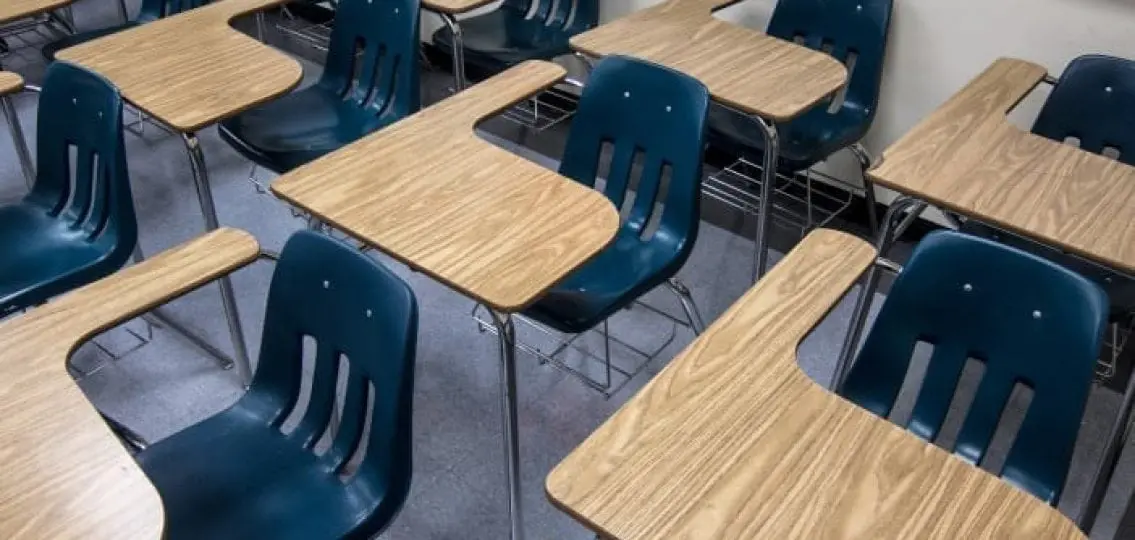Expert on School Violence and Crisis Prevention Can Discuss The Shooting at Chardon High School in Ohio
“A tragedy like the shooting at Chardon High School in Ohio often brings about fear, outrage and speculation about who or what was responsible,” says Nickerson, who directs UB’s Jean M. Alberti Center for the Prevention of Bullying Abuse and School Violence. “Understandably, schools, parents, the media and the general public try to understand how the senseless deaths could have happened.”
“Despite the high-profile school shootings, schools continue to be among the safest place for children and adolescents to be,” says Nickerson. “Although statistics vary, one estimate is that for every 1,000 violent deaths of youth, only 10 occur in schools.”
How To Talk About School Tragedies
Since becoming director of the Alberti Center for the Prevention of Bullying Abuse and School Violence, Nickerson has been consulted and quoted in a wide variety of media on bullying and its effect on victims. She also has spoken on current anti-bullying research to parents, young people, school administrators, teachers and other scholars.
Some early reports on the Chardon shootings indicated bullying may have played a role. But at this time, these reports were inconclusive. And Nickerson stressed the importance of having accurate information to avoid making a horrible situation even worse.
“There is no accurate ‘profile’ for a school shooter, although the findings from the U.S. Secret Service Study of school shooters found that most were male and acted alone,” Nickerson says. “Although many did not show signs of having academic or discipline problems at school, about three-quarters felt they were bullied, persecuted or mistreated by others. Most of the shooters also had a preoccupation with fantasy violence. They were perceived to suffer from a sense of failure or loss of status.”
What To Do After School Violence
Rather than jumping to quick conclusions, Nickerson stressed the need to support victims. We need to support both those directly involved or who witnessed the shootings as well as those who may be harmed in a more indirect way.
“Reactions to this type of crisis will vary depending on several factors,” she says. “Factors like whether the person saw or heard the shooting, relationship with the shooter and/or the victims, personal vulnerabilities (mental illness or disability, lack of social support, previous trauma history) and immediate and long-term reactions and thoughts about the event.
“In addition to cooperating with law enforcement, it’s important for schools to offer clear and accurate information about the event. They should ensure that staff and student physical health needs are met, work to ensure that students feel safe and secure, and provide support as needed.
“This can include connecting youth with their natural sources of support (friends, parents). They should also provide information to family members and youth about common reactions to this type of event (trouble eating and sleeping, thoughts about the event, difficult concentrating), and what they can do to cope (surround self with support, keep routine — with room to express feelings, try to eat, sleep, and exercise, avoid watching TV and exposing self to the images).
“Schools and community agencies can also offer crisis intervention for those who may be at-risk for traumatic reactions. They should continue to assess who may be showing a need for more intensive crisis intervention in the coming months.”
A video interview with Nickerson is available here: https://www.youtube.com/watch?v=K5nUZOUbFHk




